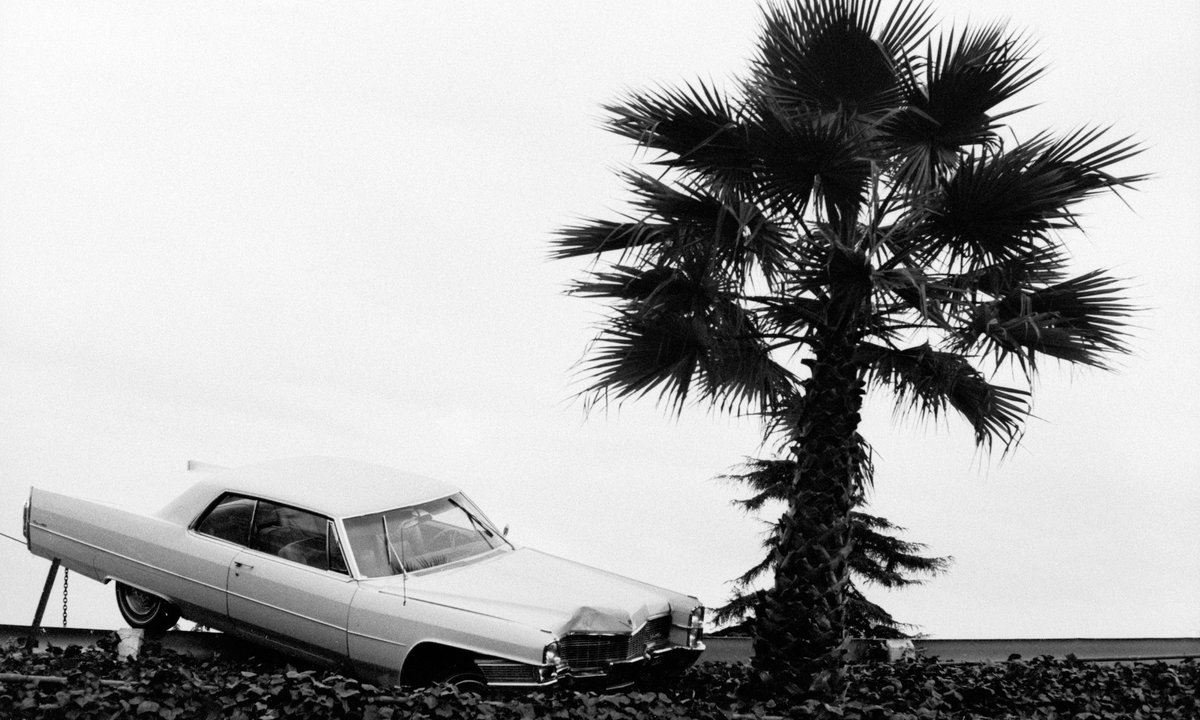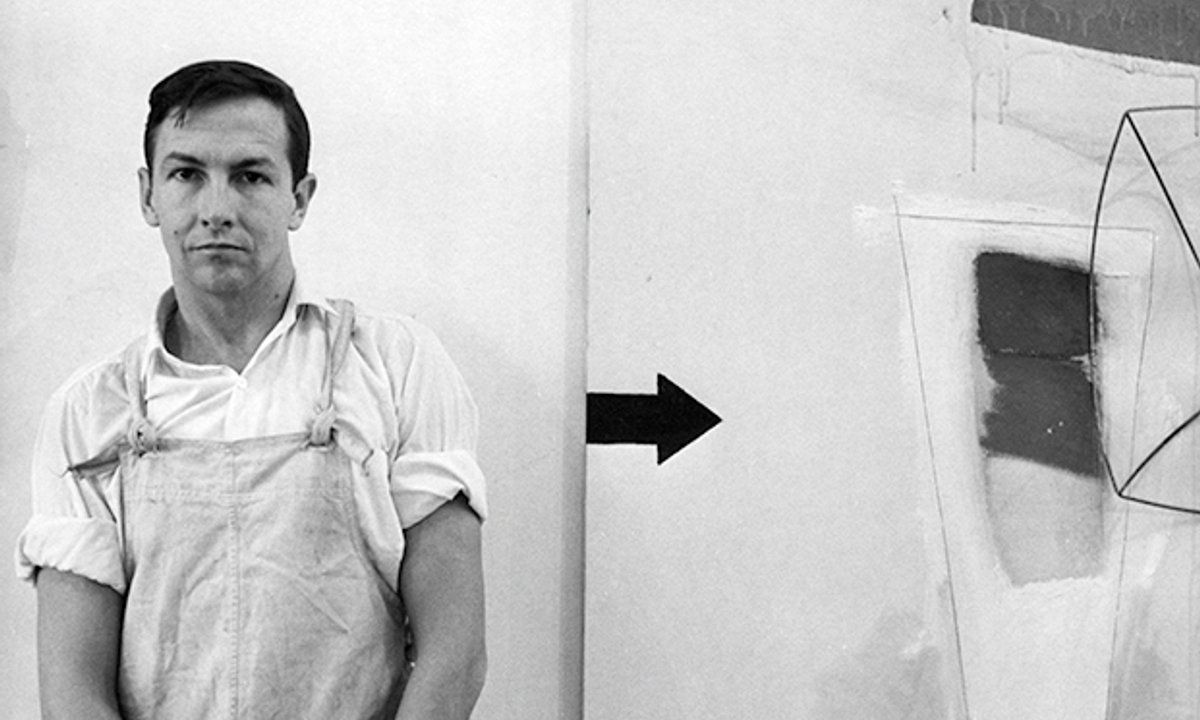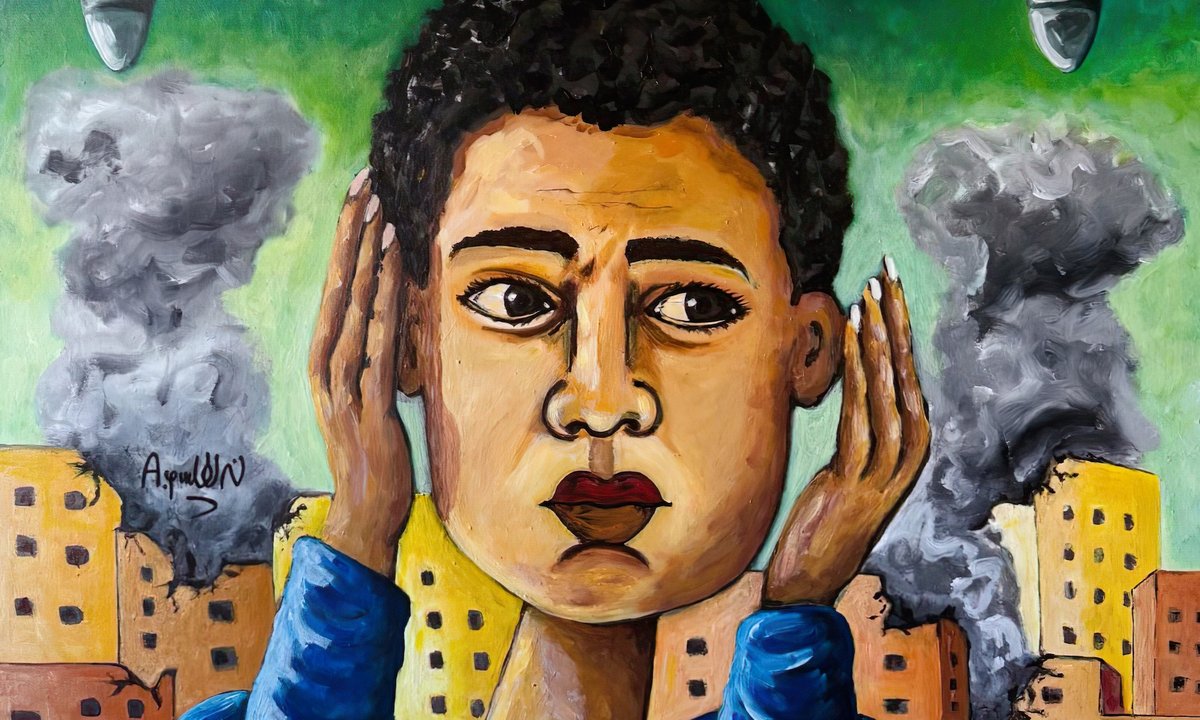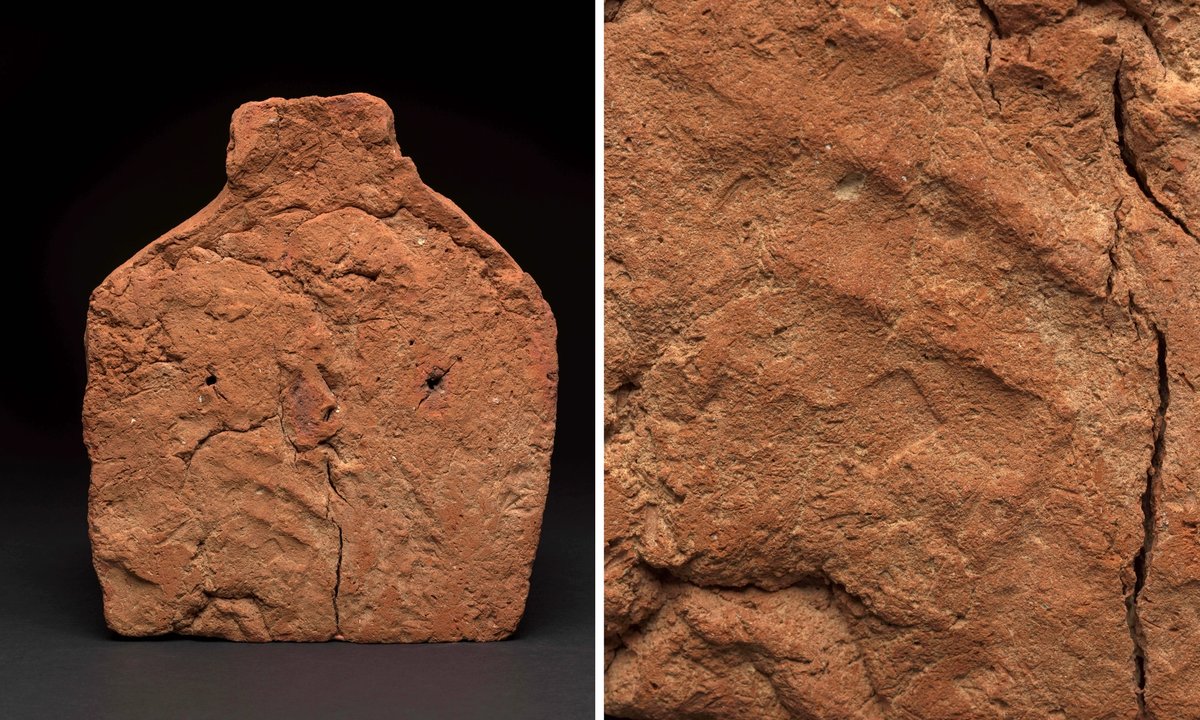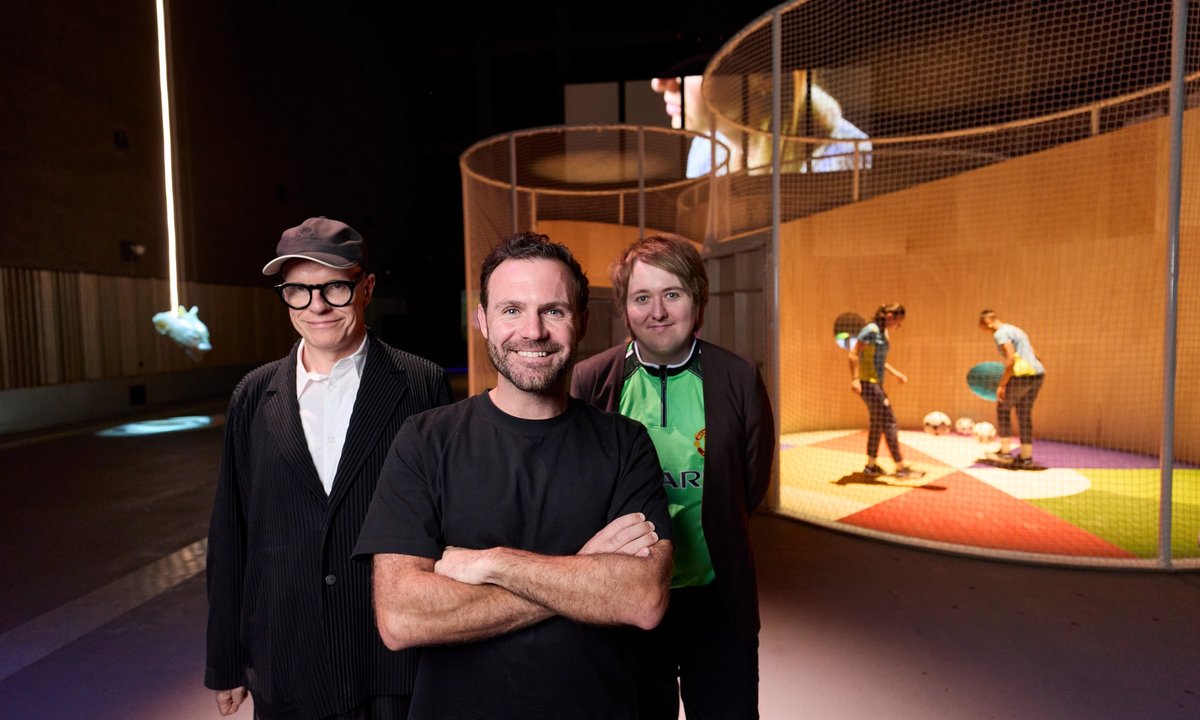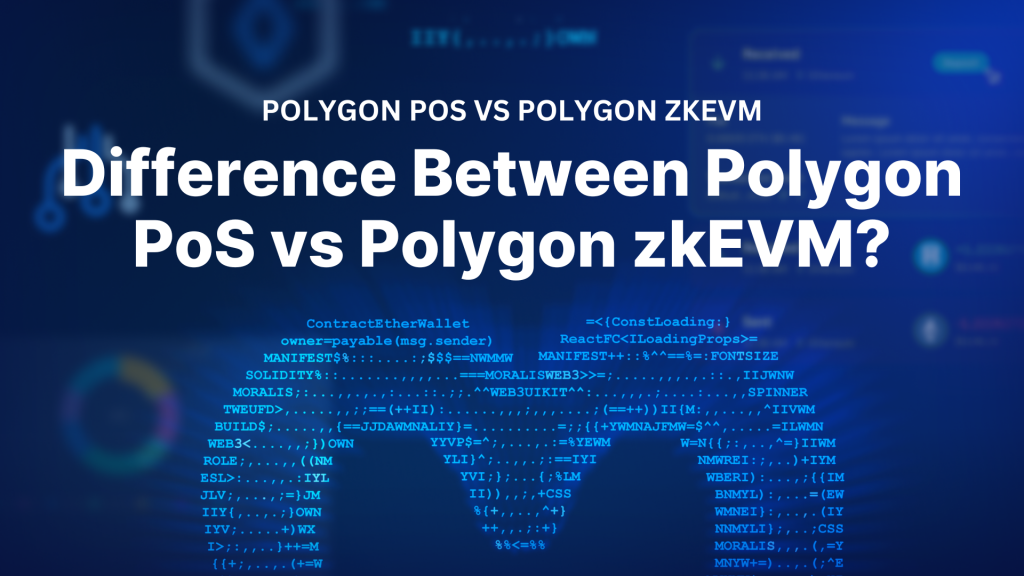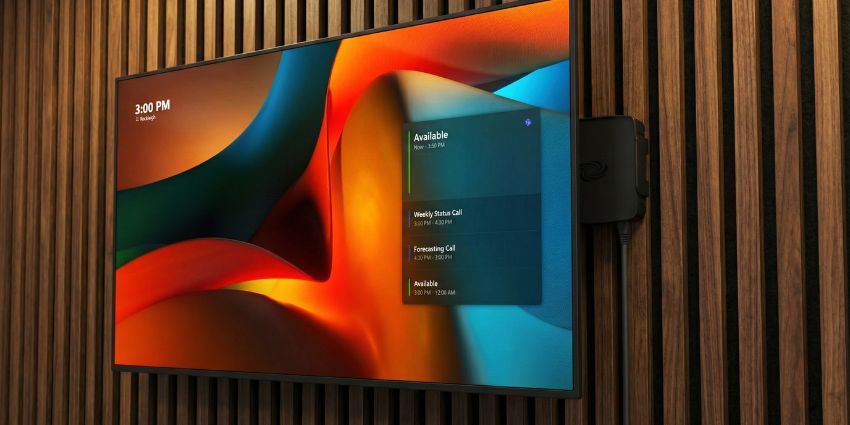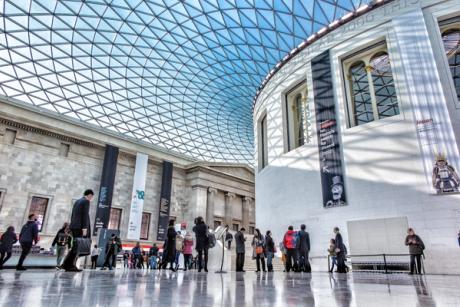
The British Museum’s resolution to just accept a £50m sponsorship cope with BP has brought on concern amongst its trustees, who ultimately agreed to just accept funding from the power firm regardless of moral and safety misgivings, as revealed within the lately launched minutes of the trustees. The BP cash is to kickstart fundraising for the museum’s formidable masterplan, which might improve the constructing and redisplay the gathering.
The Artwork Newspaper can report that one trustee quietly resigned on 27 November and lots of others expressed considerations. The museum’s head of safety warned that the BP sponsorship deal might end in dangers to each the gathering and employees.
The museum’s trustee minutes are usually launched quickly after they’re authorised, which takes place on the following assembly. This was not performed and The Artwork Newspaper submitted a number of press requests and a Freedom of Info request for the minutes.
Immediately (19 December) eight units of minutes had been launched concurrently, for conferences between June and November. Headed “delicate”, they seem to current a fairly detailed account of the selections. Board of trustees chair George Osborne and the trustees seem to have been pretty open in recording their discussions.
The BP deal was first significantly mentioned by the trustees on 1 June. On that event, Osborne felt that he ought to absent himself from the entire assembly as a result of he had declared “a battle of curiosity”. BP is a consumer of Osborne’s funding banking agency, Robey Warshaw, of which he’s a associate.
Two of the opposite 19 trustees identified their pursuits. Philipp Hildebrand is a vice chair of BlackRock, which is among the prime shareholders in BP, though he had no private battle of curiosity. Elizabeth Corley is chair of Schroders, which holds investments in BP, though to not the extent that this might represent a battle of curiosity.
A extra detailed dialogue was held through the trustees assembly on 29 June, with Osborne not collaborating when the potential BP deal got here up for debate. Based on the minutes: “Some trustees indicated sturdy private disagreement about accepting cash from corporations within the sponsor’s line of enterprise, however resolved that these weren’t equivalent to to require them to recuse themselves from appearing as trustees within the resolution to be made.”
Charlie Mayfield, who took over from Osborne in chairing this a part of the assembly, warned that any delays to the masterplan (which might profit from the BP funding) would solely “enhance threat to security (folks and property) and to the gathering as a result of deteriorating situation of the material and infrastructure” of components of the constructing.
Some trustees “repeated their private disagreements with accepting funding from such sponsors”, however it was nonetheless “unanimously agreed that accepting the sponsorship was on steadiness in the most effective pursuits of the museum”.
Dialogue of the BP deal was quickly overtaken by a collection of apparently unrelated vital occasions: 29 July, information of the departure of the director Hartwig Fischer subsequent yr; 16 August, announcement of the theft of Greek and Roman antiquities; 25 August, Fischer’s resolution to resign instantly; and 5 September, appointment of Mark Jones as interim director.
On the 6 October trustees assembly there was dialogue in regards to the enhance in protest exercise by local weather activists in museums. The minutes point out: “The board reaffirmed its resolution to just accept the donation however requested an extra dialogue of the attainable choices for nonetheless extra sturdy safety preparations.”
By the autumn Osborne felt that he might chair discussions in regards to the BP sponsorship. On 6 November local weather protestors focused Titian’s Rokeby Venus (1647-51) at London’s Nationwide Gallery, breaking the glass on the body. Though not talked about within the minutes, this incident can solely have heightened considerations on the British Museum.
On 27 November Osborne instructed the trustees that one among their members, the author and broadcaster Muriel Grey, had “made a private resolution” and tendered her resignation to the federal government. The minutes report: “Muriel added that she would proceed to help the museum and wished her colleagues on the board all the most effective. The chair thanked Muriel for her huge contribution to the museum over the earlier seven years. Muriel then left the assembly.” Grey had been a deputy chair, so her resignation represented a substantial loss.
David Bilson, the museum’s head of safety, then offered a paper on “measures deliberate for imminent implementation to reinforce the safety of the gathering”, which could end result from “elevated dangers to museums because of protest exercise”. He cautioned that “the danger of an try to break the gathering may be heightened following the announcement of the company sponsorship beneath dialogue and couldn’t be absolutely averted with out inhibiting public entry to the gathering”.
Jones, the interim director, then spoke. Following a dialogue it was agreed that “impartial confidential recommendation can be sought on further dangers to the safety of the gathering which will observe the announcement of sponsorship and, specifically, how any such dangers may be most successfully mitigated”.
Considerations had been additionally expressed over “the non-public security of employees and trustees, and the affect an announcement might need on the museum’s employees”.
Following the assembly, Jones knowledgeable the Division for Tradition, Media and Sport (DCMS), the museum’s principal funder, in regards to the meant announcement and future plans. DCMS presumably responded that it was a matter for the trustees and didn’t increase any objection.
An additional trustees assembly was on account of be held on 7 December. Its minutes will solely grow to be out there when they’re authorised, at their subsequent assembly. However it may be assumed that on 7 December Osborne and his fellow trustees signed off on the 19 December announcement of the BP deal.
Establishments that had been previously sponsored by BP—together with London’s Tate, Nationwide Portrait Gallery and, till final June, the British Museum—had been the topic of years of protest campaigns from environmental activist teams equivalent to BP or Not BP? and Liberate Tate.



